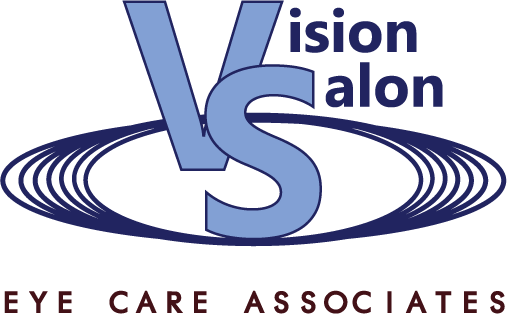
Comprehensive Eye Exam in Alsip, IL
Comprehensive eye exams are important for people of all ages. Some eye diseases have no early warning signs, and regular eye exams help keep your eyes healthy and protect your vision.
What is the difference between a vision screening and a comprehensive eye exam?
Vision screenings can identify vision problems in children or adults, but a comprehensive eye exam consists of more than just a vision test. Your optometrist will also look for early signs of eye-related diseases and other health issues.
Here are some of the conditions an eye doctor may detect during a comprehensive eye exam:
- Nearsightedness, farsightedness, or astigmatism
- Focusing problems, such as presbyopia
- Other vision problems, such as strabismus, amblyopia, or binocular vision
- Eye diseases, such as glaucoma and diabetic retinopathy
- Non-eye-related diseases, such as high blood pressure or high cholesterol
What tests will be part of my comprehensive eye exam?
During a comprehensive eye exam, we perform a range of tests to evaluate your vision and check for eye diseases. Tests may include the following:
- A visual acuity test to assess the sharpness of your vision (usually using the “Big E” or Snellen chart).
- A visual field test to determine if you have blind spots or peripheral vision issues.
- A cover test to check for strabismus or binocular vision problems.
- A refraction will enable us to determine your exact eyeglass prescription. We will use an instrument called a phoropter and show you a series of lens choices.
- A slit lamp exam enables us to detect common eye diseases and conditions by examining the structure of your eye to assess its health.
- A glaucoma test, known as tonometry, measures the pressure within your eye.
- A dilation of the pupil and ophthalmoscopy to examine the optic nerve, retina, and blood vessels.
How often do I need a comprehensive eye exam?
According to the American Optometric Association, people who wear contact lenses or glasses should see an eye doctor at least once a year. You may need more frequent eye exams if you have diabetes, high blood pressure, or other underlying health conditions which may affect your eye health and vision. Our optometrist can recommend the best eye exam frequency based on your medical history and eye care needs to ensure you receive the best eye health care.

